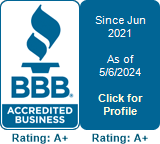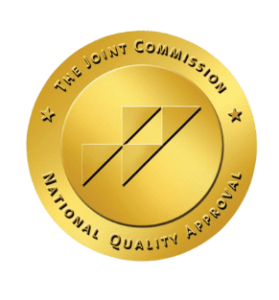
The Reality of Alcohol and Substance Abuse Withdrawal
If you’ve heard about the dangers of alcohol and substance abuse withdrawal, it’s important to know what to watch for and when to seek help.
What Is Alcohol and Substance Abuse Withdrawal?
Alcohol and substance abuse withdrawal describes the physical, mental, and emotional effects an individual experiences when they suddenly stop using drugs or alcohol. The intensity and duration of these effects can vary based on:
- The specific intoxicant(s) being used
- The duration they have been drinking or using
- The quantities they have become accustomed to drinking or using
- Biological factors specific to the individual
- The emotional state of the individual at that time
Depending on the above factors, withdrawals can range from mildly unpleasant to life-threatening. Anytime someone is ready to stop drinking or using, they should seek professional guidance to ensure they are not putting their health or life at risk.
Getting sober often entails working through withdrawal during the detox stage, so it’s a foundational step on the road to recovery. The more prepared someone is for the effects of withdrawal, the less likely they are to relapse and the better chance they have for success.
Alcohol Withdrawal
While some people may stop drinking alcohol without experiencing the effects of withdrawal, the effects can start in as few as four hours to several days after the last drink. Symptoms range from body shakes and trembling to nausea and seizures. Alcohol withdrawal can be life-threatening, and entering a detox facility is the safest option.
Substance Abuse Withdrawal
Among commonly abused substances, withdrawing from benzodiazepines presents the greatest risk—but since the chance of relapse is highest at the onset of withdrawal symptoms, professional detox gives an individual the best chance for recovery, no matter the substance in question. Withdrawal symptoms can begin within six hours since last use but last for weeks or months.
An addict can commit to going to a detox facility then relapse on the way there. A sober companion can be by their side to make sure they get to the help they need.
What Are the Effects of Withdrawal?
The effects of withdrawal vary significantly depending on the factors listed above. However, the most common symptoms are:
- Irritability
- Fatigue and muscle aches
- Headaches
- Loss of appetite
- Chills and shivers
- Shakes and tremors
- Congestion
- Sweating
- Trouble sleeping
- Nausea and vomiting
- Anxiety and uneasiness
Please note that these are general withdrawal symptoms. More extreme symptoms like seizures, hallucinations, panic attacks, suicidal thoughts, and organ failure can also occur.
What Happens After Alcohol or Substance Abuse Withdrawal?
While it can be a long road just to get to the point where an addict is ready to stop drinking or using, navigating the withdrawal process is the beginning. The better prepared the individual is, the greater the chances they’ll achieve their recovery goals. After the withdrawal and detox process, treatment can begin. Since the risk of relapse remains high during this time, it’s important to explore a range of treatment options, including sober companions and concierge treatment options. Even after treatment ends, it’s important the individual builds the skills to navigate high-risk situations.
When to Seek Help for Withdrawal
Since withdrawal effects can be life-threatening, it’s critical to know when to seek help. Any time someone is planning to suddenly stop using drugs or alcohol, they should seek professional treatment to safely navigate the detox process.
Resources for Substance Abuse Withdrawal
If you know someone who is preparing to get sober after struggling with substance abuse, learn more about how to support them here:
Alcohol Withdrawal Resources
Do you know someone who’s ready to quit drinking alcohol? These resources can help:
Do You Know Someone Who Needs Help With Withdrawal?
If you know someone who is ready to start the recovery process, ALYST Health can help them get started and follow through on their recovery goals with a fully at-home approach to rehab. Reach out to our team today to start exploring the difference a concierge recovery plan can make from the start.







